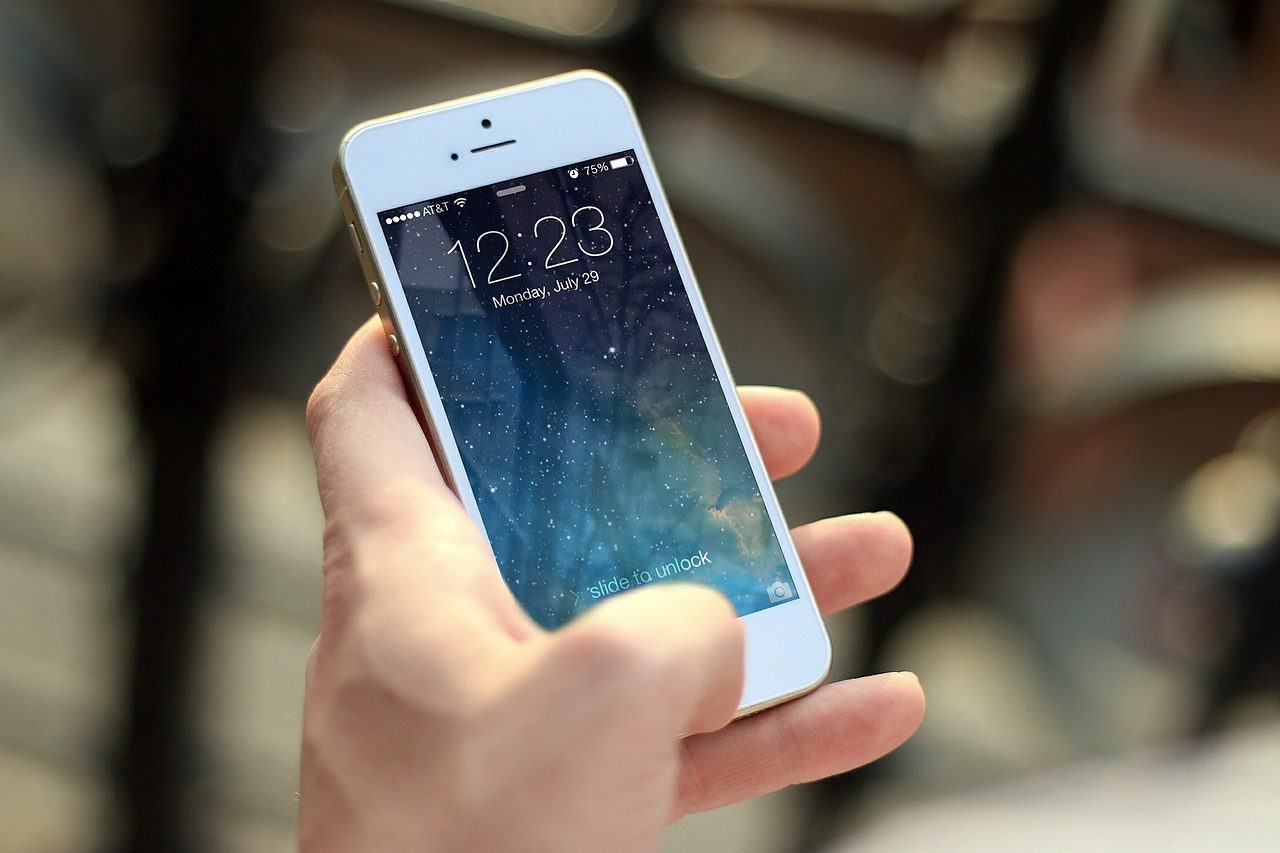Google and Apple have enormous influence over how tap-to-pay technology and open banking develop over the long term, according to a recent report by the Consumer Financial Protection Bureau.
At the heart of the issue lies the dominance of Apple’s iOS and Google’s Android operating systems. As of the second quarter of 2023, Apple’s iOS was found on 55 percent of smartphones shipped in the United States, with Google’s Android on 45 percent. These tech giants effectively control the tap-to-pay market, regulating app developers’ access to the near-field communication (NFC) technology required to enable the transactions.
Apple goes a step further by forbidding third-party payment apps from accessing NFC, effectively monopolizing tap-to-pay through Apple Pay.
NFC technology plays a pivotal role in contactless payments through mobile devices. Its inclusion in mobile devices and payment terminals has driven the growth of tap-to-pay transactions. Financial services providers are eager to facilitate point-of-sale payments, but the stranglehold of Apple’s iOS restricts their access to NFC capabilities. This means widely used payment apps like PayPal and Cash App can’t rely on NFC technology, forcing consumers to use Apple Pay exclusively.
Although Google’s Android operating system currently allows third-party access to NFC capabilities, the CFPB warns that this could change given Google’s market position and relationships with hardware manufacturers.
These mobile device restrictions have far-reaching consequences. They inhibit choice and innovation in consumer payments, potentially hindering the growth of open banking. Lower-cost open-banking-powered payment innovations could also be at risk, making it harder for consumers to make POS transactions directly from their bank accounts. In a world striving for open ecosystems, these restrictions limit competition and interoperability.
“The CFPB joins the European Commission in taking issue with Apple’s ability to restrict access to NFC technology on iPhones for digital wallets,” said Daniel Keyes, Head of Merchant Services at Javelin Strategy & Research. “If Apple ever opened up access to iPhone’s NFC technology it would put Apple Pay’s competitors on more even footing with Apple’s mobile wallet, but Apple Pay’s years-long head start would likely enable it to remain popular and continue as the leading mobile wallet on iOS devices.”











